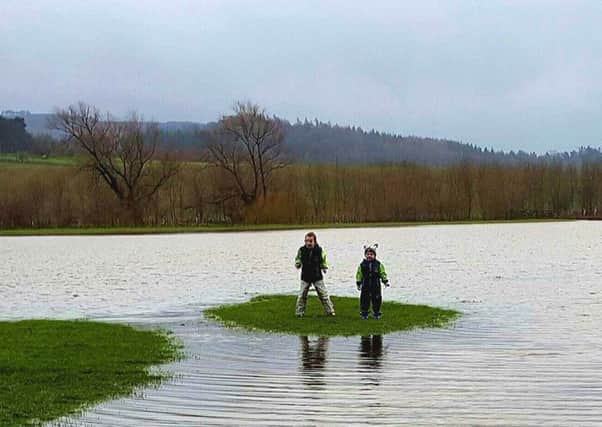Comment: Act now to avoid more flood misery


The misery of this winter’s floods could have been avoided if the Government had taken concerted action following the last major wake-up call only two years ago.
The volatile weather patterns of the past few years have caused policymakers rightly to consider if we are sufficiently resilient to deal with extreme weather patterns in the future, but inadequate progress has been made to achieve that goal.
Advertisement
Hide AdAdvertisement
Hide AdWe need to start with a fundamental review of the governance of flood risk management, drainage control and the licensing of water use. This review needs to build our strategy from the bottom up, river catchment by river catchment and putting in place, right across the country, a network of Internal Drainage Boards modelled on those which already, successfully operate in the East of England.
To be successful these boards need two things; practical, skilled individuals with a deep knowledge of drainage control and water management and adequate resources. This latter requirement needs to be shared more equally amongst all of us who benefit from the management of the drainage network including householders, urban and suburban businesses and farmers.
Those seeking to create further development within a catchment should be required to contribute significantly more than the average as well as putting in place their own sustainable drainage schemes.
For rivers and the wider water infrastructure, the Environment Agency must ensure these are in good condition. Some, but not all, rivers have silted up and need dredging, attenuation ponds need to function properly and pumping stations need overhauling to ensure that they are up to the job.
Advertisement
Hide AdAdvertisement
Hide AdThis capital spend must be funded from central government resources and thereafter the ongoing maintenance and management should be funded by the widest possible base of contributions.
Land managers can also offer schemes for the temporary storage of water at critical times and the slowing down of water flows. There is scope here for the Government to broker arrangements with the insurance industry who may be willing to at least part fund some of these schemes if it reduced risks to policyholders.
So far there has been much talk but little action. We need to raise our game across all the skills required to adapt to the challenges our climate provides.
Small businesses and farmers across Yorkshire can now make use of a £100m Lloyds Bank fund to help those affected by the recent floods.
Advertisement
Hide AdAdvertisement
Hide AdThe fund waives arrangement fees on lending and is designed to help with any cashflow shortages caused by the floods, the bank said.
The fund was originally put in place as part of a range of support measures for small businesses affected by Storm Desmond, but it is also accessible to those impacted by flooding across Yorkshire.